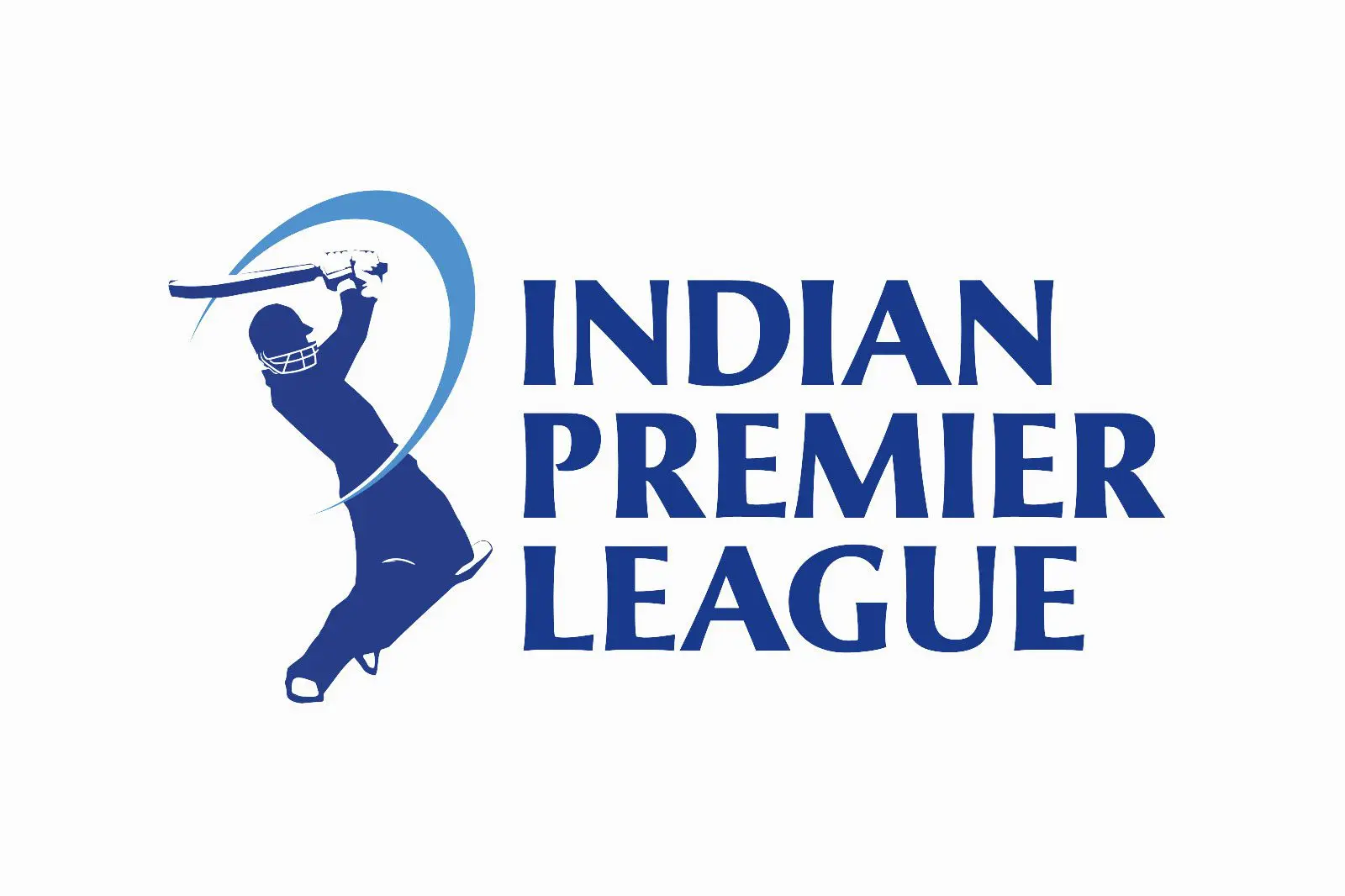
Each week we take a look at the latest gambling news occurring around the world. We follow news outlets in Europe, Africa, Australia, America and the rest of the world to update you in an instant way. Whether you’re interested in your home country, or another destination, as well as online or offline gambling, we have you covered. Email us at [email protected] with any questions or tips, or leave a comment below.
This week one of the biggest online poker companies in the world is unlikely to serve New York players due to the introduction of specific language, while another state is unlikely to even have an online gambling industry due to the hefty tax rate proposed. On the other side of the world, an Australian has been prosecuted for running an online poker site. Meanwhile, a likely candidate for a Japanese casino license has been revealed.
Australian poker operator prosecuted over gambling site
An online poker player has been fined $10,000 for running an illegal gambling service in Australia. Luke Brabin is first to be prosecuted under the Interactive Gambling Act 2001 after his website Poker Asia Pacific, which offered online poker games to Australians, was reported by the Australian Communications and Media Authority.
The 14-day hearing between Tabcorp and Tatts held by the Australian Competition Tribunal has wrapped up, with uncertainty surrounding the approval. The Australian Competition and Consumer Commission – Australia’s competition watchdog – formally advised against the deal due to concerns over a weakened industry. Insiders are suggesting the only way for the deal to go through is if Tabcorp sells its profitable broadcasting service, Sky Racing.
New York introduces new language to block PokerStars
New York’s plan to legalise online poker has faced another hurdle in terms of the language introduced. Senate Bill 3898, presented by NY State Senator John Bonacic, has made significant progress. This week, however, it has seen the amendment of “bad actor” added which will target one of the biggest online poker sites, PokerStars. The amended text of the bill, which will legalise online poker, reveals state regulators will unlikely accept operators which “knowingly and willfully accepted or made available wagers on interactive gaming (including poker)” from US players after December 31, 2006, or “knowingly facilitated or otherwise provided services” to anyone that took the wagers. PokerStars falls under this category, so it is unlikely to score a license if and when NY legalises poker.
Meanwhile, in Pennsylvania, analysts have branded an online gambling bill, which has made significant progress, redundant. The bill passed the full state Senate and includes a 54 percent tax rate that would likely prevent operators from applying for a license. Industry analysts are therefore saying the online gambling industry will be killed before it even starts. When it comes to land-based gambling in the state, the House of Representatives rushed a vote on Wednesday night on a bill which would expand casino-style gambling to the Internet, airports, and pubs. Brick and mortar casinos would also be able to apply for a license to offer sports betting. While many legislators objected to how fast the bill went through the House, it may lose momentum in the Senate.
In Las Vegas, Caesars Entertainment has been forced to release a statement declaring no underage gambling occurred at their premises after a 17-year-old male fired a gun inside one of their casinos, Planet Hollywood. No one was injured and two teenage boys have been arrested.
UK gambling regulator allows 32Red takeover by Kindred Group
The UK Gambling Commission has approved the acquisition of British online casino company 32Red by Internet gambling operator Kindred Group Plc. The takeover is effective from June 6, 2017, when the company, formerly known as Unibet Group Plc, consolidates and officially controls 32Red.
Government wants PAGCOR to be a regulator, not operator
The Philippines Amusement and Gaming Corporation (PAGCOR) has been forced to defend their problem gambling measures after a lone gunman entered World Resorts Manilla casino and set fire to a number of gaming tables, killing 37. He reportedly had a number of debts due to placing high wagers at a number of PAGCOR licensed casinos.
The Philippine government has also announced it will be getting out of the casino business, announcing plans to sell off state-owned gaming properties. While PACGOR is the largest contributor of tax dollars to the country other than the Philippines Bureau of Internal Revenue and Bureau of Customs, the government wants the regulator to concede its role of all gambling and gaming activities. The overhaul will be enforced provided Senator Panfilo Lacson’s bill is approved which will allow PACGOR to “focus and put premium to its regulatory authority, which is its governmental role.”
Still, the regulator is continuing on with business as usual, monitoring the offshore applications for a Philippine Offshore Gaming Operator license. The regulator recently announced it was capping the number of applications to 50, with 42 already approved. The move follows last year’s announcement that the regulator would be awarding offshore gaming licenses, allowing operators to supply international players with online casino games and betting markets.
Netherlands online gambling industry dies
The online gambling industry is becoming virtually non-existent in the Netherlands after new rules requiring international operators to block Dutch IP addresses have been enforced. While the European country enacted similar rules last year, threatening operators with hefty fines, they could not collect and operators continued to target Dutch players. But the Dutch Gaming Authority, Kansspelautoriteit, now requires operators to comply – and local banks to prohibit processing gambling transactions – or they’ll be put on a blacklist where they will never be able to apply for a license in the country. This has been a big enough threat for many operators that have exited and it may be due to an online gambling bill which passed the House last year and is now awaiting a vote from the Senate.
Chinese gambling crackdown continues
The Chinese government has shut down around 76 entertainment venues, and 26 have had their operations suspended, under the long-standing crackdown. The Beijing government has been on a roll lately cracking down on gambling – it is illegal to gamble on the mainland – and has now moved its focus to entertainment venues which contain video machines people can gamble on.
Meanwhile, Macau – the autonomous region of China where land-based gambling is legal – government agencies have met to discuss ways to ramp up security in a bid to prevent a similar attack which happened at a Philippines casino. Macau’s Gaming Inspection and Coordination Bureau and Macau’s Judiciary Police met with casino resort representatives to discuss safety enhancements, including more security personnel and surveillance equipment. The meeting comes just days after the Philippines casino attack where 37 people died – see above.
Major casino operator likely to score a Japanese casino license
Japan is working on secondary legislation for the legalisation of casinos and it may not be presented until August at the earliest – and debated by lawmakers until 2018. Still, reports have emerged Las Vegas Sands is one of the likely operators to score a casino license – with two to three expected for the country. The prediction has been made by investment firm Morningstar, which believes billionaire Sheldon Adelson’s gambling company is best positioned to win a highly sought after permit.
Russian court throws out casino developer’s appeal
The Arbitration Court of Primorsky Krai in Russia has upheld a local government decision against casino developer, Royal Time Group. The local government terminated a contract which allowed the developer to construct an integrated casino resort in the Far East province. Construction began in 2016 but the casino, which was set to have 500 slots and 30 tables, often delayed building and as a result, the Primorsky Territory filed a claim alleging Royal Time was unable to stick to the schedule. The court also ordered the casino developer to pay court costs.
Kenyan sports betting operator concerns for tax reintroduction
Kenyan betting operators and beneficiaries – such as sporting codes like the Kenyan Premier League – have praised MPs for dropping the uniform 50 percent tax hike suggested by Treasury Secretary, Henry Rotich. However, CEO of SportsPesa, Ronald Karauri, is worried the tax will be introduced next year when the 2017-18 budget is read in Parliament.
Uganda to set up new gambling regulatory body
According to the Uganda Media Centre, the country’s Ministry of Finance Planning and Economic Development and stakeholders are working to create a strong regulatory framework to target the economic, financial and social issues which stem from unregulated gambling activities in the country. Gambling in Uganda is legal under The National Lotteries Act and the Gaming and Pool Betting (Control and Taxation) Act. But under the draft law approved by cabinet, a new body shall be created to regulate the industry. Chairman of the National Lotteries Board, Manzi Tumubweinee said the new laws will limit illegal gambling and combat problems such as exposure to minors, money laundering, match fixing and more.













